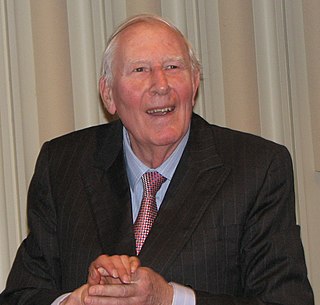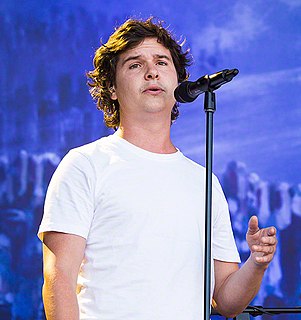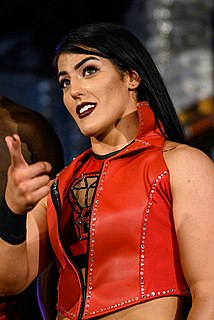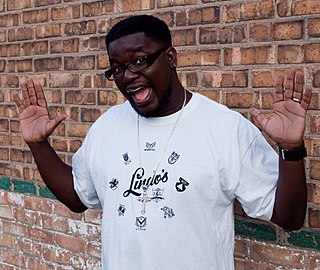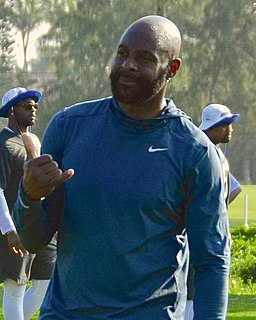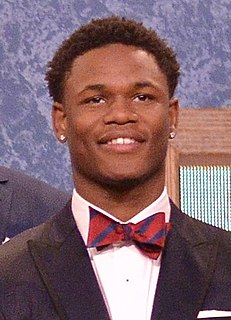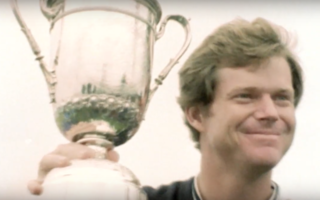A Quote by Chuck Norris
I think a lot of my shyness and non-athleticism came because I didn't have a father to instill those in me.
Related Quotes
One of my mentors was Patricia Schroeder, and one night she came to me on the floor and she said to me, "Why are we sitting in Congress, when a lot of women would try to do it and couldn't? Why are we here and others aren't?" And I thought back and said it was because my father believed in me and she said the same thing, she said her father believed in her and thought she could do anything.


